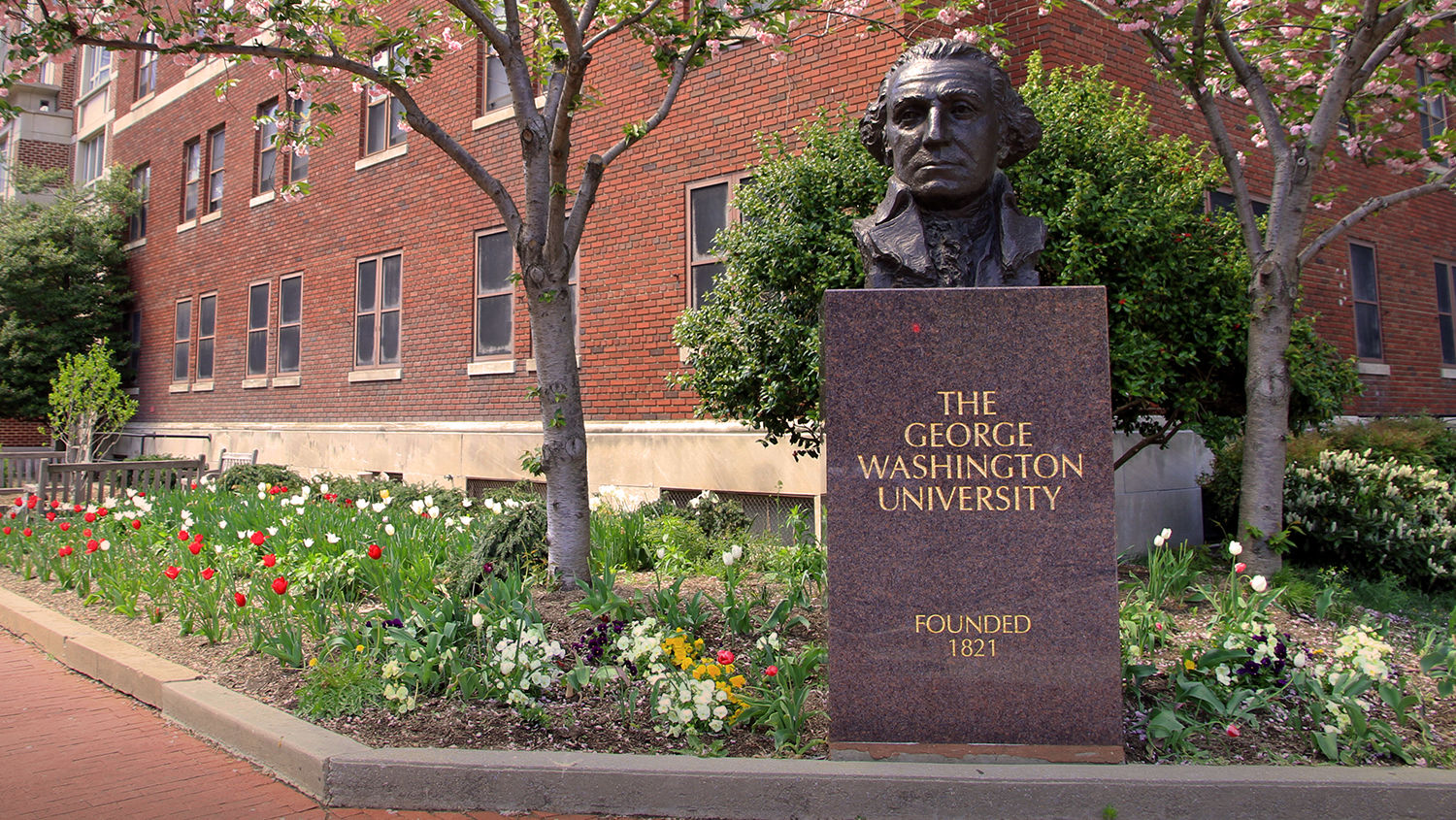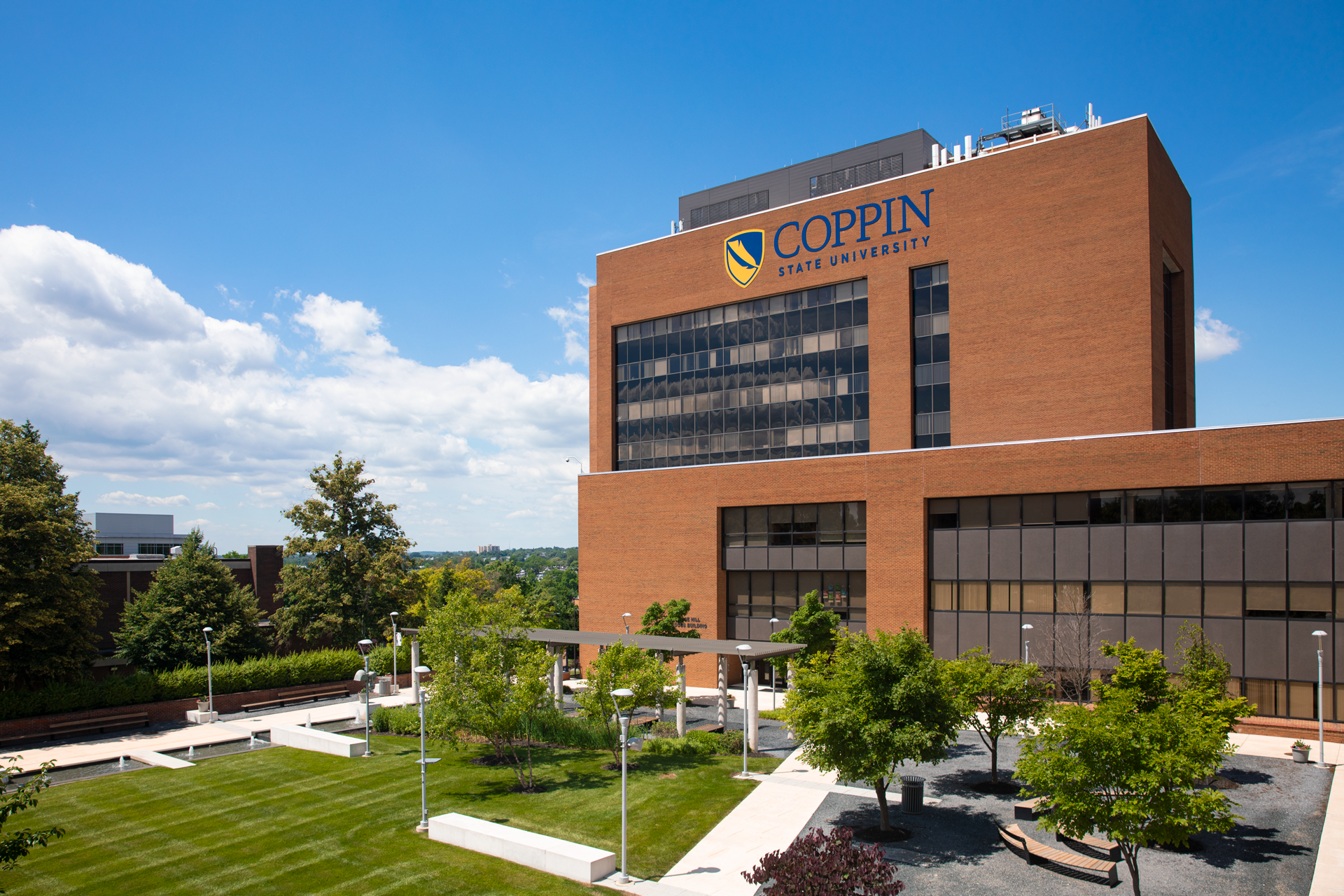
George Washington University moving to online classes after spring break
WASHINGTON, DC – George Washington University will move to online classes for at least two weeks after spring break amid the global COVID-19 outbreak, officials announced Tuesday. This information was first reported in the GW Hatchet. University officials say students must move off campus by March 20 unless they apply for “continuous stay” by March 18, according to an email sent to the GW community.
The email goes on to say that all student organization activities and events are suspended starting March 23. Classes will remain online until at least April 5. The GW Hatchet reports school administrators will notify students if classes will be held online after April 5 on March 27. On Tuesday, American University, the University of Maryland and Bowie State University also announced their plans to switch to online classes for the foreseeable future.
See the full letter from GWU President Thomas LeBlanc below:
“To the George Washington University Community:
This week, we have continued to closely monitor the increase in COVID-19 cases. I know that the rapidly changing situation around COVID-19 is stressful for all of us. I am comforted, and I hope you are, by the healthcare and safety professionals who are a part of our GW family. They have been working around the clock to ensure our safety and provide the most up-to-date information. Following their guidance, we have determined that it is prudent to take additional proactive steps to protect your health.
I strongly encourage students who can go home for spring break to do so. After the break, beginning Monday, March 23, most GW classes will move online, and they will remain online through at least April 5. The university will remain open and operational during this period, and all faculty and staff should maintain their regular work schedules. We will update you by March 27, if we will continue with remotely held classes beyond April 5.
We know that these decisions, and other steps we are taking, have many implications for all of our students, faculty and staff, and we have provided detailed guidance for you below. I would ask that you please review this information carefully.
Campus Operations
In certain instances, an employee may need to work remotely. Staff should complete the “Telecommuting Assessment and Agreement for COVID-19” form and submit it to their managers. The libraries will maintain their regular hours this week and their spring break hours the following week. They will also remain open during this period of instructional continuity.
Faculty and staff should only engage in essential gatherings related to academic and professional pursuits during the period of instructional continuity. We expect that faculty and staff will exercise good judgment to maintain the health and safety of our GW community.
Clinical, Research and Laboratory Facilities
Some laboratory and studio classes may postpone activities. There may be some instances in which specific schools’ instructions regarding research and laboratory activities will vary from the guidance provided here. Faculty researchers have been asked to develop plans for instructional continuity. Your school deans will reach out to you with any variations in the instructional continuity plans. Please follow the specific guidance from your school or research leaders and contact them should additional accommodations be necessary.
Student Organizations, Activities and Events
Beginning Monday, March 23, and through the duration of instructional continuity, all in-person, student organization activities and events are suspended. Student organization advisors and Student Life staff will work with student organizations that need support canceling or rescheduling events.
Residence Halls
Residence halls will remain open as previously scheduled for students planning to remain during the spring break period. After spring break, all residential students are expected to no longer be living in student housing as of March 21 until the end of the instructional continuity period. Students must apply to remain in their on-campus housing during the instructional continuity period. Current on-campus residents will receive an application from Campus Living and Residential Education on March 11 and must submit their application for continuous stay by March 18. Students who do not apply to remain on campus will not have access to the residence halls after 5 p.m. on March 20.
Spring Break Preparations
Students should plan to take all items that are essential to carry on their academic coursework remotely following spring break (e.g., laptops, textbooks, notebooks, essential papers). In addition, students should pack personal necessities (e.g., medications, travel documents, clothing) in the event that they do not or are unable to return to campus for a substantial period of time.
Uncertainty and impacts of this public health situation can be stressful. These decisions are not being taken lightly. Ensuring the safety of the university community is at the core of every conversation about our next steps.
I encourage you to continue to reference reliable sources for updates as our knowledge about COVID-19 develops. The Centers for Disease Control and Prevention provides guidance on travel and the virus’s spread. The GW COVID-19 website is also being updated regularly to include evolving guidance for the university community.
I want to thank you, once again, for your patience, understanding and, above all, your care for one another as we navigate this challenge together.”
Sincerely,
Thomas LeBlanc
President












3 Comments
[…] Tuesday, George Washington University, the University of Maryland and Bowie State University also announced their plans to switch to […]
buy cialis 36 hour
SPA
how much does cialis cost with insurance
Generic for sale
Comments are closed.